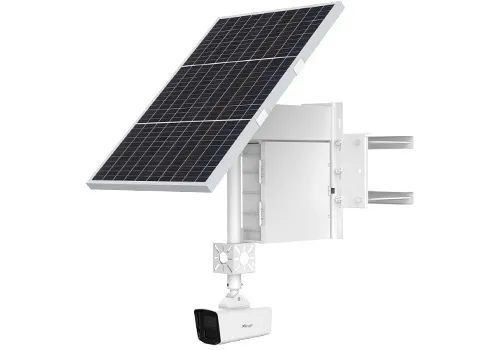Portuguese motorway toll operator Brisa Auto Estradas de Portugal says it is saving over 10 per cent of its electricity costs – worth over US$430,000 – as a result of an energy efficiency plan which was launched in 2010. Electricity consumption accounts for 54 per cent of Brisa’s total energy expenditure, half of which is for the lighting systems of the motorway network.
April 17, 2012
Read time: 2 mins
Portuguese motorway toll operator 2051 BRISA Auto Estradas de Portugal says it is saving over 10 per cent of its electricity costs – worth over US$430,000 – as a result of an energy efficiency plan which was launched in 2010.
Electricity consumption accounts for 54 per cent of Brisa’s total energy expenditure, half of which is for the lighting systems of the motorway network. The company adjusted the timings of the operation of these systems in line with the solar time cycle. In other cases, it has reduced the power of the lightning system from 400Watt to 250Watt and from 250Watt to 150Watt. In 2010 the savings achieved with these policies totalled 11,372 Gigajoules. All subsidiaries reduced the consumption of electricity and the cut on the energy was estimated at 10.9% across the group.
More recently, Brisa has been testing solar panels to power equipment installed along motorways such as SOS telephones, road signs, and cameras, while Brisa’s US subsidiary, Northwest Parkway in Colorado, has recently closed a deal for the installation of photovoltaic panels along 18 km of its motorways.
Electricity consumption accounts for 54 per cent of Brisa’s total energy expenditure, half of which is for the lighting systems of the motorway network. The company adjusted the timings of the operation of these systems in line with the solar time cycle. In other cases, it has reduced the power of the lightning system from 400Watt to 250Watt and from 250Watt to 150Watt. In 2010 the savings achieved with these policies totalled 11,372 Gigajoules. All subsidiaries reduced the consumption of electricity and the cut on the energy was estimated at 10.9% across the group.
More recently, Brisa has been testing solar panels to power equipment installed along motorways such as SOS telephones, road signs, and cameras, while Brisa’s US subsidiary, Northwest Parkway in Colorado, has recently closed a deal for the installation of photovoltaic panels along 18 km of its motorways.










